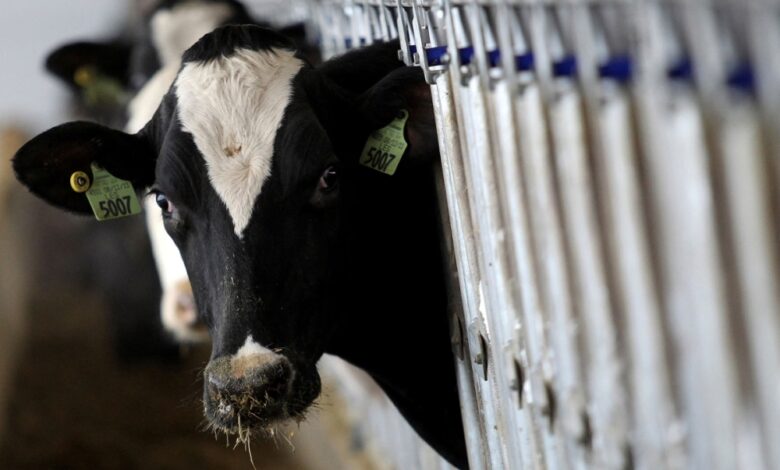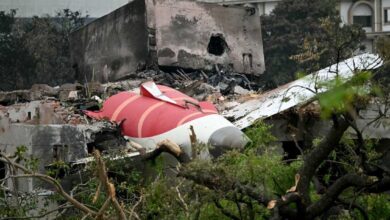Kuwait reports 2,662 foot-and-mouth cases, 10 livestock deaths
The Public Authority for Agriculture Affairs and Fish Resources confirmed that 1,000 cows were imported from Australia at the request of Al-Sulaibiya farm owners and denied claims of importing calves for slaughter from Kenya.

• The Public Authority for Agriculture Affairs and Fish Resources clarified that the number of infected cows does not exceed 1% of the total 24,000 cows in the Sulaibiya farms area, with 2,662 cases of infection as of April 26.
The Public Authority for Agriculture Affairs and Fish Resources, through its Animal Resources Sector, stated that since the discovery of foot-and-mouth disease (SAT1), it has issued guidelines to all departments to implement preventive measures according to their respective roles, Arabic daily Al Jarida reported.
The authority has also educated livestock breeders on prevention and treatment of secondary diseases that arise during the outbreak, while ensuring regular disinfectant spraying. Disinfectants and sterilizers have been distributed and their use encouraged in cow farms.
Additionally, the authority has conducted daily inventories of infected animals by communicating with breeders at Sulaibiya farms and halted auctions and sales at locations affiliated with the Animal Resources Association.
The authority has refuted claims that over 1,600 cows are infected daily, stating that if the figures were calculated from the onset of infection, they would surpass the total number of infected and healthy cows in Kuwait. The authority clarified that the number of infected cows does not exceed 1% of the total 24,000 cows in the Sulaibiyafarms area, with 2,662 cases of infection and ten deaths reported as of April 26.
Regarding the importation of 1,000 cows from Australia, the authority confirmed that this was done at the request of Sulaibiya cattle farm owners. Australia, known for its strong health status and absence of epidemic diseases, was selected as the source. The imported cows were quarantined for at least 21 days, vaccinated, and tested for immunity before being integrated with local herds.
On the alleged vaccine import request six months ago, the authority explained that such a request involves extensive health, administrative, and research procedures to evaluate the necessity. The use of this vaccine would classify Kuwait as an affected country, requiring five years of work to control the disease.
The authority confirmed that vaccinations are ongoing to control the epidemic and improve the health situation within the country. It also addressed the false claims regarding the importation of calves for slaughter from Kenya. According to import records and permits, there is no evidence supporting this claim. In fact, the calves were imported from Somalia and the Sultanate of Oman, with all conditions required by Kuwait strictly implemented, including quarantine and necessary vaccinations.
Regarding concerns about the effectiveness of veterinary quarantines, the authority emphasized that the disease has spread to several neighboring countries since 2023 but has not entered Kuwait due to the diligent work of veterinary staff. Their proper implementation of health and preventive measures has been crucial in preventing the disease’s entry.
The authority urged that incorrect and misleading information about the origins of the infection be avoided, and called for collaborative efforts to combat the pandemic with minimal damage. It also expressed gratitude to all sectors, agencies, farmers, and breeders for their cooperation in adhering to health requirements and security measures to prevent the disease’s spread.













